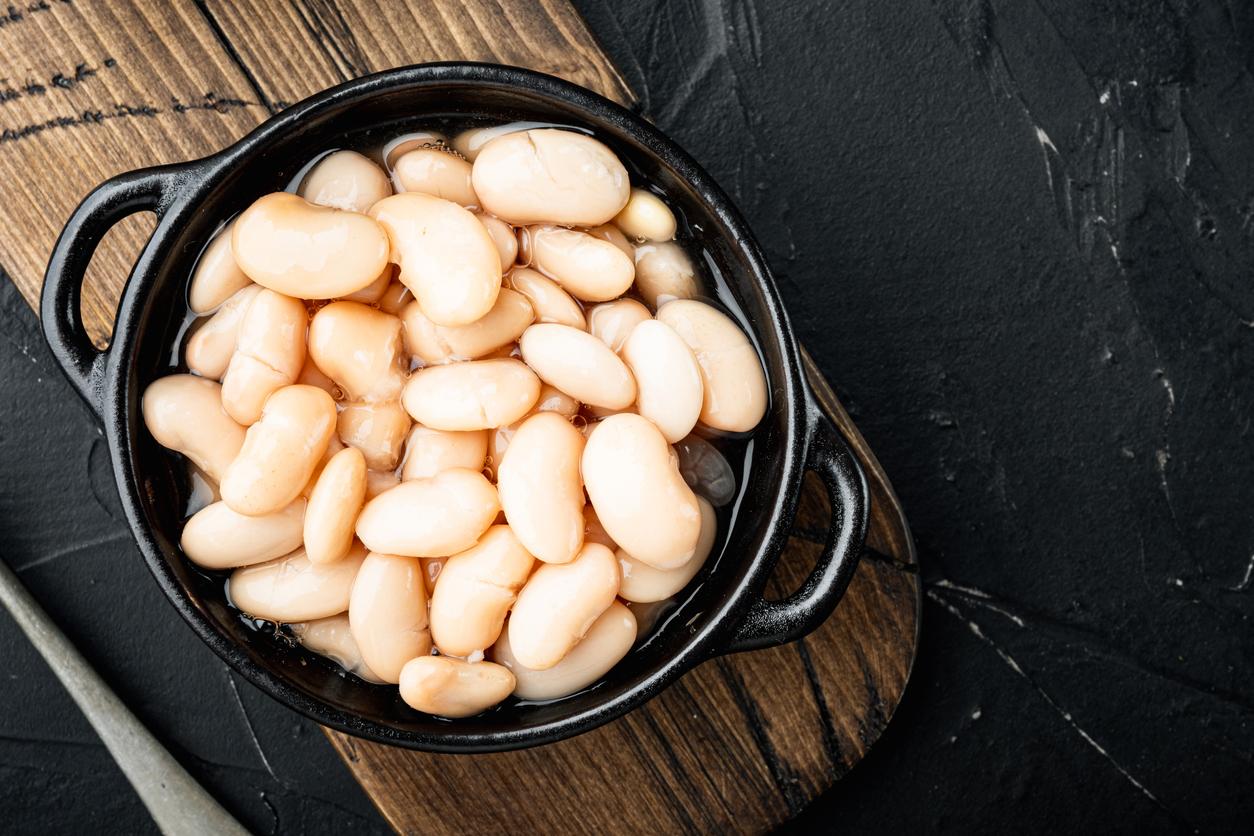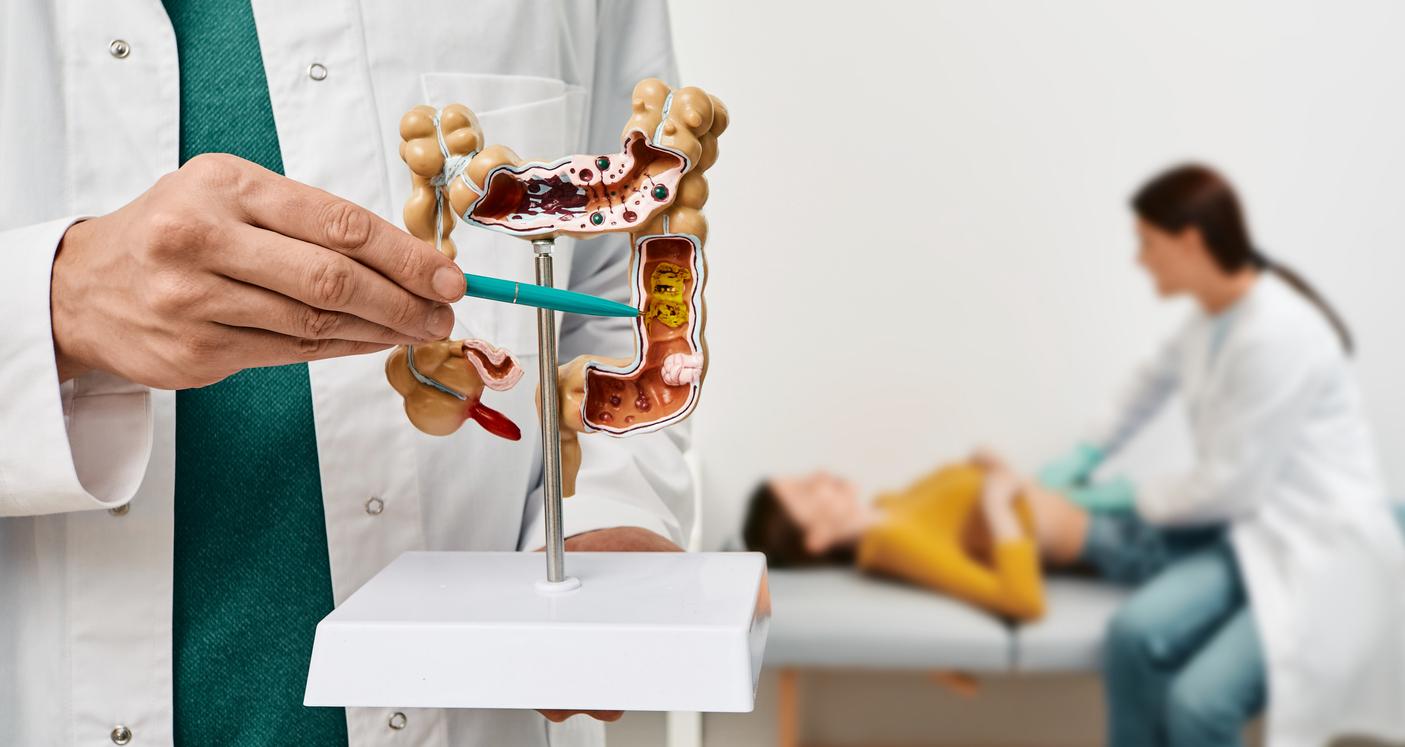Taking nonsteroidal anti-inflammatory drugs improves the life prognosis at 10 years of patients with colorectal cancer.

Several studies have already shown the effectiveness of aspirin in preventing digestive cancers, and in particular colorectal cancers. According to studies, it could prevent between 20 and 30%. But even after the cancer is declared, it could prove useful.
Along with other nonsteroidal anti-inflammatory drugs (NSAIDs), such as ibuprofen or naproxen, it lowers all-cause mortality by 25% when taken by recently diagnosed colorectal cancer patients.
They do even better in patients who do not have a mutation in the KRAS gene (ie about 60% of patients). For them, the improvement in survival rises to almost 40%!
Use in secondary prevention
These results come from an observational study carried out on 2,419 patients aged 18 to 74 diagnosed with invasive colorectal cancer, between 1997 and 2008, in the United States, Canada and Australia. During the study, 381 deaths were recorded, of which 100 could be directly attributed to cancer.
“These results should spark a dialogue between patients and their physicians,” explains Dr. Polly Newcomb, epidemiologist at the Fred Hutchinson Cancer Research Center (United States), and one of the authors of this study, published in the Journal of Clinical Oncology. NSAIDs are widely prescribed for the prevention of cardiovascular disease, and their use deserves to be considered and studied as a tool in the fight against cancer. “
Side effects
Aspirin is indeed very often used in secondary prevention of ischemic attacks, after a myocardial infarction or a cerebrovascular accident, to avoid the relapses. Aspirin’s antiplatelet properties prevent blood vessels from becoming clogged again.
The previous results on colorectal cancer showing a drastic drop in risk in people taking aspirin regularly could therefore encourage its use in prevention. But its side effects (ulcers, bleeding) limit this use. Like aspirin, other NSAIDs are also associated with risks: kidney, even heart.
Efficient and inexpensive
On the other hand, these new results could lead to a strengthening of the treatment approach in colorectal cancers. “Now we would like to understand the correct timing, optimal doses and duration of NSAID use, especially in patients who do not have the KRAS genetic mutation,” adds Xinwei Hua, epidemiologist and lead author of the author. We’re just starting to understand the biological phenomena at the molecular level of the tumor, and it’s very exciting. “
When drugs so well known, very accessible and with relatively few side effects, give such significant results, it would be a shame to do without.
.















